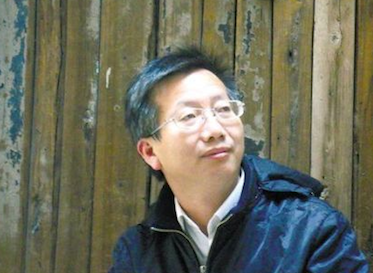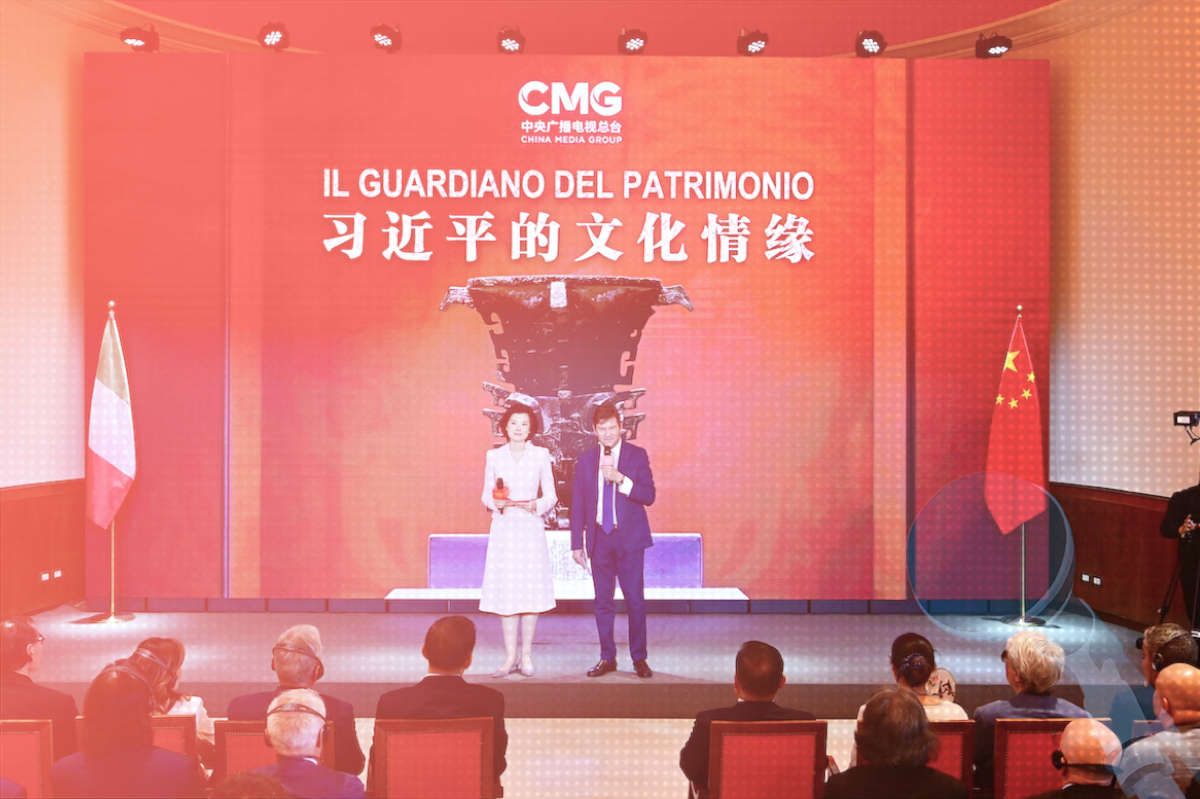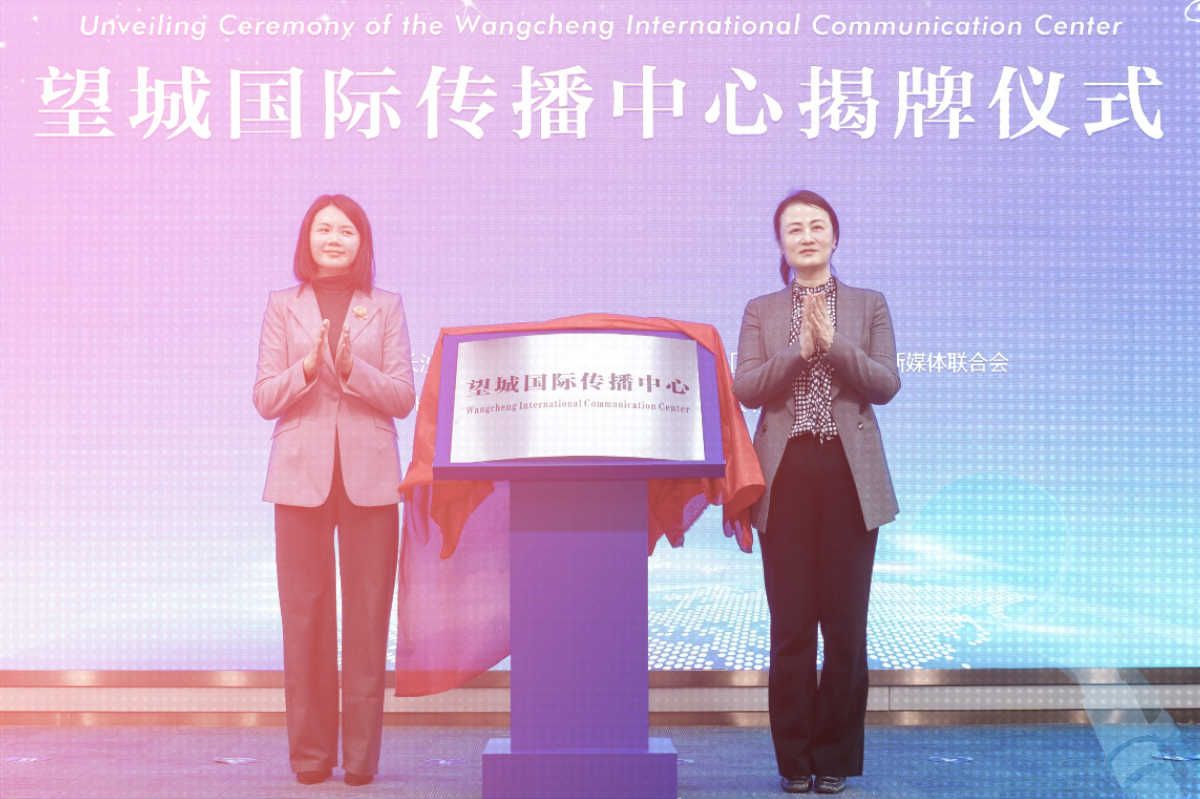China probably will not formally commemorate the sixth anniversary of its national regulations on open government information on May 1 this year. But now is a good time to revisit the Ordinance on Open Government Information (政府信息公开条例), which made headlines this week thanks to a court case in Guangzhou that is atypical, if not exactly landmark.
On April 1, Guangzhou’s New Express reported that Guangdong’s Health and Family Planning Commission (省卫计委) had lost a lawsuit brought against it last year by Zhejiang lawyer Wu Youshui (吴有水), stemming from the commission’s refusal to provide information Wu had requested under the Ordinance on Open Government Information.

Passed in May 2007, China’s regulations on open government information (OGI) require government agencies across the country to “proactively” release certain categories of information through public and online services, and establish clear procedures by which citizens can request information. The regulations also require state-level agencies to compile annual reports on their work with respect to OGI.
The product of many years of wrangling, the regulations were an important step for China, calling into question the presumption that all government information must remain secret.
Implementation of the regulations has been uneven, however, and China’s culture of secrecy — and no doubt very real fears of exposure — has worked against them. It goes without saying that the era of “sunshine government” proclaimed with passage of the regulations remains far off indeed.
But the Ordinance on Open Government Information is undoubtedly important still, insofar as it establishes information openness as a duty incumbent on government agencies, and makes clear that access to government information (of certain kinds) is a right enjoyed by citizens.
On July 11, 2013, Wu Youshui submitted an open government information request to Guangdong’s Health and Family Planning Commission asking that it disclose exactly how funds from a levy for social expenditures were collected and utilised. In a response to Wu on July 31, 2013, the commission said this information could not be disclosed because it dealt with “internal management issues.”
Wu Youshui responded by bringing a lawsuit against the commission in the Guangzhou Intermediate Court. In its recent verdict, the court ruled in Wu’s favor, ordering the commission to re-process his request.
The Beijing News, in its lead editorial on April 2, the day after the report in the New Express, discussed the need to improve implementation of the open government information regulations. Most importantly, it argued, there must be improved mechanisms to hold agencies and individuals accountable when they fail to honor their obligations on information openness.
For those interested in learning more about OGI in China, we recommend the China Center at the Yale Law School, which provides overviews, translations and studies.
The following is a full translation of the April 2 lead editorial in The Beijing News, which ran on quite a number of websites, including Xinhua Online and People’s Daily Online.
When Open Government Information Lags Behind, Responsibility Must Be Assigned
(政府信息公开不到位,问责要到位)
■ Lead Editorial
According to one recent news report, a lawyer has filed a lawsuit because the provincial government in Guangdong refused to make public information about how a levy for social expenditures was collected and used. The Guangzhou Intermediate Court recently gave its verdict, ruling that the Health and Family Planning Commission re-process the plaintiff’s open government information request.
Instances like this, in which government agencies lose court cases on their home turf, are very rare.
The loss of this case by the Health and Family Planning Commission at the very least illustrates that there have been major problems with [the implementation of] open government information [regulations].
Moreover, cases like this one are not an isolated occurrence. According to a Beijing News report, an annual report on open government information at 49 departments under the State Council and 29 provinces, districts and cities shows that “updating [of information] is not timely,” “channels for making [information] available are too uniform,” and “the public is not interested in what is made public, and what the public is interested in is not made public.” These have become the three major problems [in the implementation of the 2008 National Ordinance on Open Government Information].
The reasons for this situation are a lack of specificity in laws and regulations, a deep tradition of secrecy, insufficient clarity about the scope of open government information, and the need to raise the level of enforcement. But there is one obvious issue we cannot forget about — and that is that without mechanisms to hold [the government] responsible there is no way to properly execute [regulations requiring government departments to release information]. Where has it gone, the responsibility system for open government information? How do we hold agencies and their employees responsible?
When we look at our system, we see that we don’t lack the necessary regulations. For example, Article 29 of the National Ordinance on Open Government Information stipulates a social evaluation system by which government agencies that do not carry out what is required of them [in terms of information openness] must first face censure and criticism from the public, a political and moral responsibility.
next come administrative proceedings in which [the agency responsible] possibly bears legal responsibility, and in cases where [the agency] loses the administrative proceedings it might be required to pay administrative compensation.
Aside from this, if [an agency] fails to carry out its obligations on open government information, then this constitutes dereliction of duty, negligence, misuse of authority, lassitude and other issues — and these should result in discipline and the upholding of administrative responsibility. In cases where the Criminal Law applies, criminal responsibility should be sought.
Of course there are many problems with these responsibility mechanisms, for example that they are too ambiguous and short on concrete procedures. But even under the circumstances, if government agencies take [regulations on open government] seriously we should not see situations like that of the Guangdong Family Planning Commission where disclosure is resisted outright.
Therefore, insufficiencies in our accountability mechanisms are only one aspect of the problem. But another aspect is that these accountability mechanisms are rarely taken seriously in practice, and very seldom are government agencies or employees held to account according to these mechanisms. The loss of this case by the Guangdong Family Planning Commission is the kind of thing we see only very rarely. But even in this case there is no indication that specific persons will be held to account [for their failure to abide by regulations on open government information].
If open government information is not handled sufficiently, and if accountability is not demanded, it’s no surprise that open government information work has in some sense become merely an abacus, [government agencies] acting only when they’ve calculated that they must.
Yesterday the Central Office of the State Council released its Key Points in Open Government Information Work for 2014, which again emphasised the need to strengthen monitoring, social assessment, accountability, the handling of investigations resulting from tip-offs and other aspects in order to fully build oversight mechanisms for open government information.
Article 35 of the Ordinance on Open Government Information clearly gives supervisory organs and superior administrative agencies the right to assign accountability in cases where information is not made public as required by law. But relevant government departments must first act on this right before we can ensure that open government information does not become an empty formality.





















